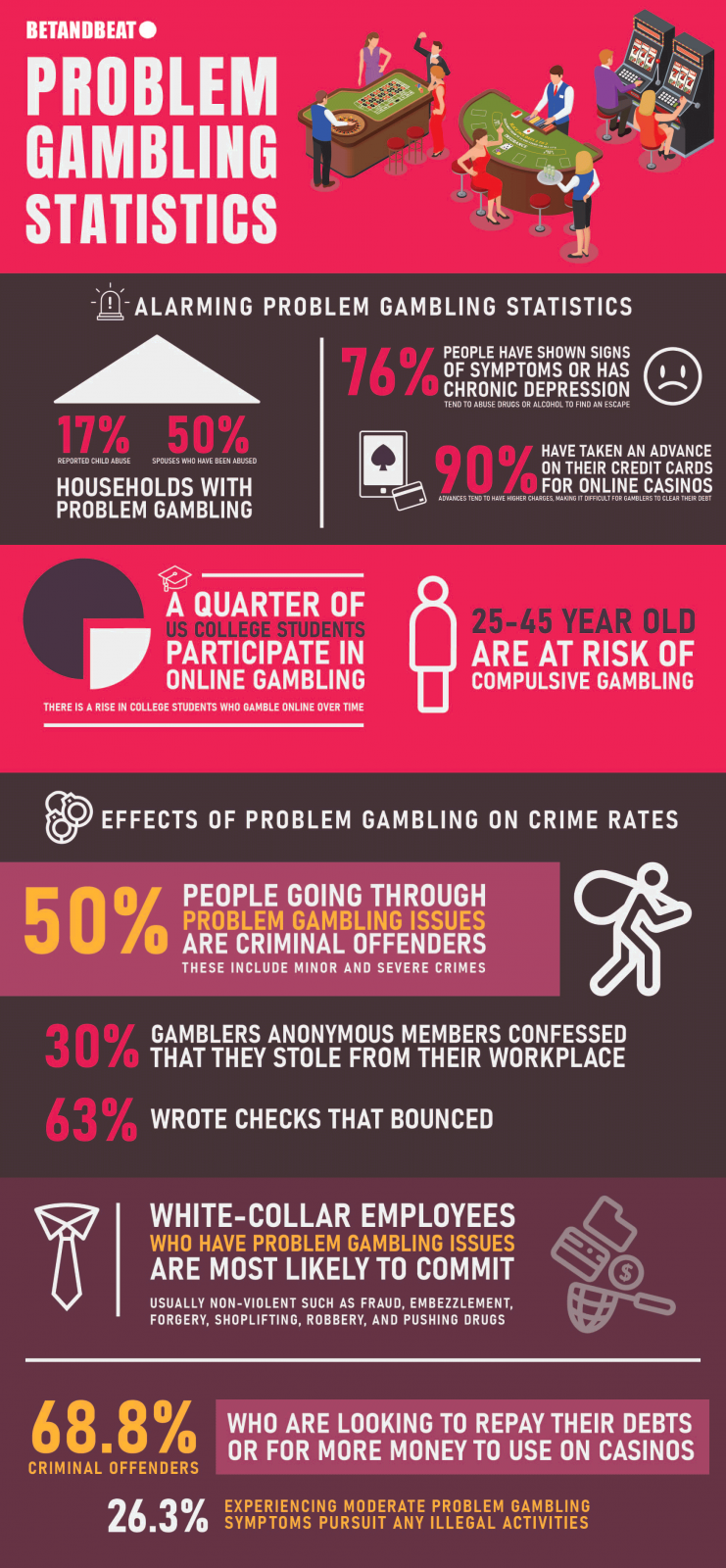Gambling facts reveal a fascinating yet complex world that every player should familiarize themselves with for an enhanced gaming experience. From understanding the house edge, which represents the built-in advantage that casinos have over players, to implementing responsible gambling practices, knowledge is power in this arena. Various psychological factors in gambling, such as the influence of game design, can significantly impact decision-making and lead to gambling addiction if not recognized. By equipping yourself with gambling facts, you can avoid pitfalls and adopt effective gaming strategies to maximize your enjoyment while minimizing risks. Ultimately, embracing informed gaming practices makes every bet a more thoughtful investment.
When we delve into the realm of wagering and betting games, it’s crucial to consider the fundamental insights that define this engaging pastime. Knowledge about the intrinsic advantage held by gambling establishments, often referred to as the house edge, is essential for anyone looking to improve their chances. Moreover, exploring the nuances of responsible wagering, as well as understanding the psychological undercurrents that motivate players, can illuminate the experience. By addressing potential gambling behavioral issues—an important aspect to consider—players can take proactive steps to enhance their enjoyment and ensure that their gaming approach remains healthy. Ultimately, embracing these terms opens up a broader understanding of how to navigate both the challenges and thrills that come with gaming.
Essential Gambling Facts Every Player Should Know
When entering the world of gambling, it’s critical to arm yourself with essential gambling facts that can significantly enhance your experience. One of the most important aspects is understanding the house edge—the mathematical advantage that casinos have over players. For instance, in games like roulette, the house edge varies depending on the type of bet placed and the specific version of the game being played, such as American versus European roulette. Knowledge of these differences can profoundly impact your wagering strategy and potential profitability.
Moreover, recognizing the significance of responsible gambling practices is paramount. Players should establish a mindset that prioritizes enjoyment over winning. This means not only setting financial and time limits but also being aware of the psychological factors that can lead to addiction. Acknowledging these factors creates a more informed player base, helping to mitigate the risks involved in wagering. Understanding these critical gaming facts is essential in navigating the thrilling yet perilous landscape of gambling.
Psychological Factors and Strategies in Gambling
The psychological elements involved in gambling are profound and often underestimated. Gamblers are frequently lured by the thrill of potential victories, driven by design features of games, such as enticing sound effects and instant feedback from winning rounds. These psychological tactics create a false sense of security among players, making them believe that victories are more attainable than they truly are. Recognizing how your emotions influence your gambling decisions can help you develop effective gaming strategies that keep you grounded and less susceptible to loss-chasing behavior.
Additionally, understanding the signs of gambling addiction is crucial for cultivating a healthy approach to this pastime. The risks associated with gambling are not only financial; they can lead to emotional distress and strained relationships. Players must be vigilant about their own habits and realize when they may be crossing the line. Engaging in self-reflection and seeking assistance when needed are vital steps in maintaining control. Having strategies, such as taking breaks and engaging in alternative activities, can help maintain a balanced relationship with gambling, ensuring it’s a source of fun and not distress.
Frequently Asked Questions
What is the house edge and how does it affect gambling strategies?
The house edge refers to the mathematical advantage that the casino holds over players in any gambling game. It varies from game to game; for instance, blackjack generally has a lower house edge compared to slots. Understanding the house edge is crucial for developing effective gambling strategies, as it allows players to choose games where the odds are more favorable, potentially increasing their chances of winning in the long run.
How can I practice responsible gambling to avoid addiction?
Practicing responsible gambling involves setting financial limits and recognizing the risks of gambling. Establish a budget for how much you’re willing to spend and adhere to it. Additionally, be vigilant about the time spent gambling and note any signs of gambling addiction, such as feeling anxious when not gambling or trying to recover losses through further bets. Utilizing these practices not only promotes a healthier gaming experience but also helps maintain control over your gambling habits.
| Key Area | Insights |
|---|---|
| House Edge and Odds | Understanding the house edge helps players make informed decisions, as some games offer better odds than others. |
| Responsible Gambling | Setting financial limits and recognizing risks can lead to a healthier gambling experience. |
| Psychological Factors | Awareness of game design tactics can help players avoid emotional traps and make conscious decisions. |
| Signs of Addiction | Recognizing behaviors like increased gambling time and neglecting responsibilities is crucial for seeking help. |
| Key Insights for Players | Educate yourself, practice patience, avoid alcohol while gambling, and seek support when needed. |
Summary
Gambling facts are essential for every player to ensure a safe and enjoyable gaming experience. Understanding the intricacies of gambling—from the house edge to responsible gambling practices—provides players with the knowledge needed to navigate this thrilling pastime effectively. By recognizing psychological factors and the signs of addiction, players can protect themselves and make informed choices. Ultimately, being educated about gambling can enhance the enjoyment of the games while minimizing the potential risks involved.
